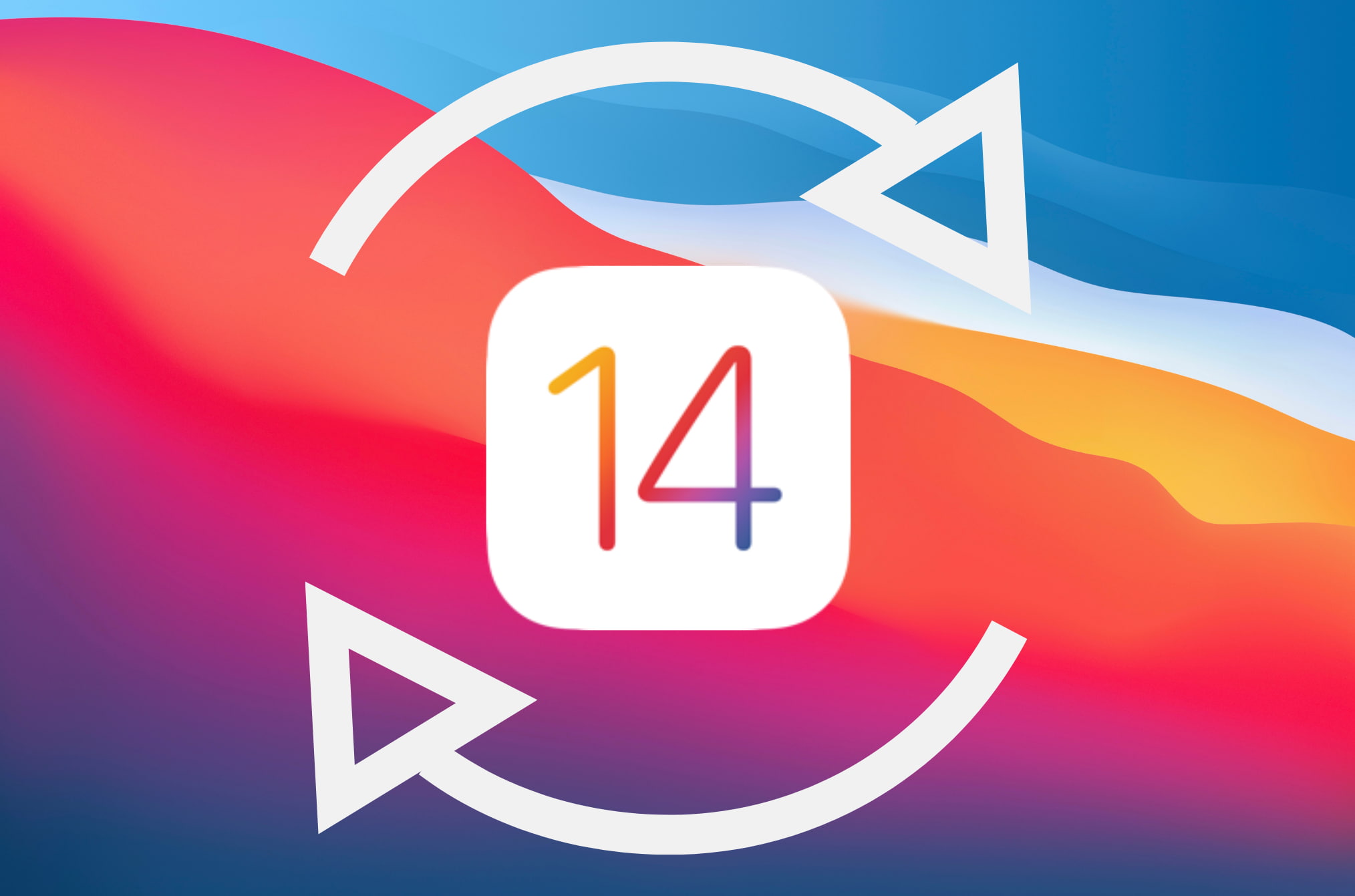
One week after officially releasing iOS & iPadOS 14.0 to the general public, Apple launched its first update for the new mobile operating system in the form of iOS & iPadOS 14.0.1 with minor usability bug fixes. As we approach one week after the release of the aforementioned update, it may not come as much of a surprise to most iPhone and iPad users that Apple has unsigned iOS 14.0 this evening.
When Apple unsigns a firmware, they are effectively preventing users from downgrading to that specific version of firmware. This means that anyone who updated to iOS 14.0.1 will not be able to go back to iOS 14.0 if they are, for any reason, unsatisfied with the latest update.
Apple’ predictable move of unsigning iOS & iPadOS 14.0 one week after releasing iOS & iPadOS 14.0.1 isn’t quite as eye-catching as last week’s move of unsigning iOS & iPadOS 13.7 because in the latter case, Apple effectively killed downgrades to the entire iOS & iPadOS 13 era. As we learned via the checkra1n team, this had implications for jailbreaking, especially with regard to certain “newer” handsets that are susceptible to the checkm8 exploit like the iPhone 8, 8 Plus, and X. Unfortunately, iOS 14 will make jailbreaking these devices with checkra1n more difficult.
In this case, however, only A9 and A9X devices are capable of being jailbroken with checkra1n on iOS & iPadOS 14, and this includes the newer iOS & iPadOS 14.0.1. The move of unsigning iOS & iPadOS 14.0 did nothing to change the current jailbreak situation, and so many will write this off as insignificant news. But I digress…
Jailbreaking isn’t the only reason why someone might want to downgrade their handset’s firmware, however. There are occasionally times where Apple releases a software update that introduces a significant bug to the operating system. Such was the case back when Apple released iOS & iPadOS 13.2, which appeared to aggressively manage backgrounded applications’ memory usage to the point of rendering them virtually unusable in that state.
As for why Apple stops signing older versions of iOS and iPadOS, there are actually a number of reasons. The first and foremost is to promote software upgrades which ensure that users are taking advantage of all the latest features, bug fixes, and security patches; furthermore, forcing its user base to upgrade to newer software helps the company gloat about its software adoption at annual Keynote presentations. As an added bonus, Apple gets to stifle jailbreakers, and why would they hold back any punches with regard to that?
If you’re ever second-guessing which firmware is being signed for your iPhone or iPad, then you can visit the handy IPSW.me website to find out. You can also visit our downloads page to grab any firmware version you might need for your personal device.
Have you been impacted by Apple’s decision to stop signing iOS 14.0? Let us know in the comments section below.